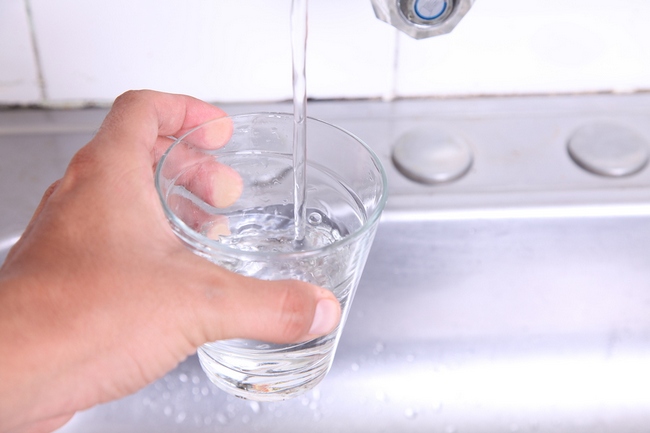- Make It Yourself Lavender Heart-Shaped Bath Bombs!
- 20 Things You Never Knew About “Down There”
- 12 Best Foods For Those Suffering From Arthritis Pain
- 12 Personal Hygiene Mistakes Almost Everyone Makes (Mom Never Told You About #4!)
- 15 Medicinal Plants And Herbs From The Cherokee People
- 12 Mind-Blowing Benefits Of Drinking Coconut Water During Pregnancy
- 12 Outstanding Winter Foods That Won’t Fatten You Up Like A Christmas Turkey
Water, Water, Everywhere, but Which One Should You Drink?

Photo credit: bigstock.com
Everyone knows that water is a vital part of life and that without it, life would cease to exist. Water makes up about 70 percent of our body and it is critical for all processes in the body. If you go to your local supermarket, drug store, corner convenience store, or health food store, you will see seemingly endless aisles of water. With all these choices, it’s easy to become confused as to which is the “right” or even which is the “better” water to drink.
You know you need water, but on top of which water, do you know how much water you need? A simple method is figure this out is to simply consume half of your body weight (measured in pounds) in drinking water (measured in ounces). For example, if you weigh 160 pounds, then you should drink 80 ounces (about 10 eight ounces glass) of water each day.
That’s a lot of water, and it needs to be free from any contaminants, so we are back at square one. We are surrounded by water, but which is the best water?
Well, we are here to help clear things up for you. True, there are plenty of choices, but not all water is created equal. Much of the water you see for sale might come from a decent source but it gets contaminated and bastardized to the point that it’s really not worth drinking sometimes. Want some water you can trust? Keep reading and find out if you are drinking the best possible water, and if you aren’t which you should be.
1. Tap Water
In this great age of information, you would have to be living on a desert island (with no internet service!) to not know that almost all tap water is contaminated with dozens of pollutants and added ingredients that are harmful to your health. Some of the worst offenders that are probably in your tap water are VOCs (volatile organic compounds), chlorine, and fluoride. How much pollution could there be in your tap water? It has been estimated that there can be as much as 2,100 types of contaminants in the water from your kitchen sink.
Fluoride is the one that is getting the most attention lately, and with good reason. There have been multiple studies that show that fluoride has no real benefit when added to drinking water. In fact, just the opposite is true! Fluoride in drinking water has been shown to cause the following:
- Accumulation in your tissues, which causes weakness and fatigue
- Is stored in the brain and thyroid
- Creates behavioral problems in children
- Increases the risk of bone fractures
- Increases cavities. Find out more dangers of fluoride in water.
Chlorine has been linked to numerous digestive problems as well as a rise in allergies, which points to a damaged immune system and compromised liver. On top of this, with all the industrial and modern farming practices, VOCs have contaminated almost all underground water systems.
So, even though you probably didn’t need to be told, skip the tap water unless you are lucky enough to have a private well that has been tested and shown to be a clean source of water.
Continue to Page 2
































